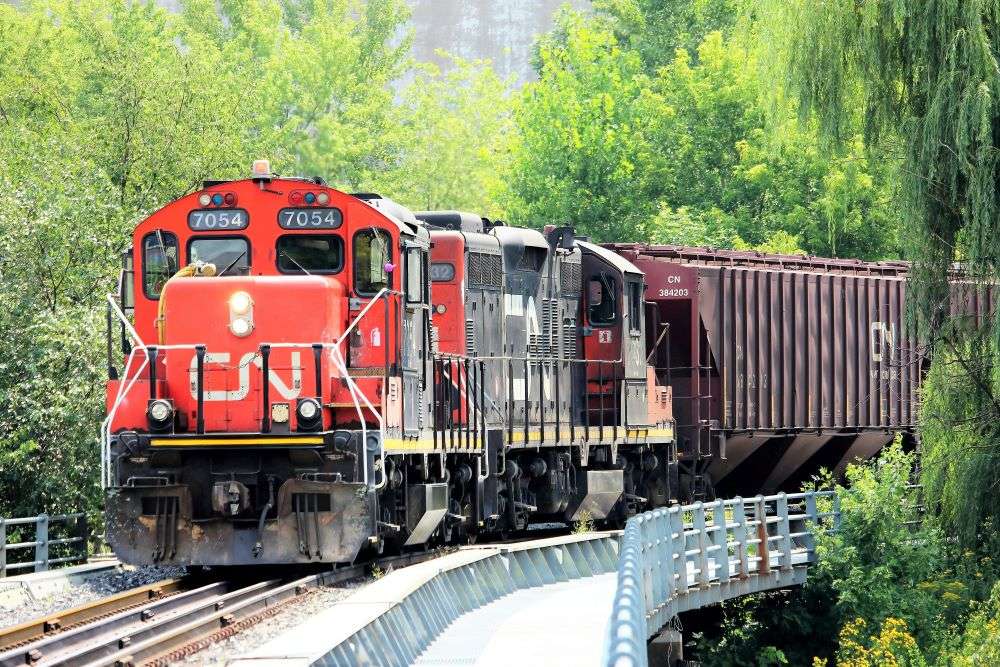The ongoing contract negotiations between Canada’s major railroads and their union workers have reached a deadlock, raising the possibility of a work stoppage. This potential strike could lead to significant disruptions in the supply chain, particularly affecting major rail carriers like Canadian Pacific Kansas City and Canadian National. Despite contingency planning across all transportation modes, business leaders and representatives from U.S. and Canada-based organizations are urging for a quick resolution, with some even calling for government intervention. For more information on the potential impact of a rail strike on North American supply chains, you can read [here]().
Industry Leaders Voice Their Concerns
Various industry leaders have expressed their concerns about the impending strike. The Vancouver Fraser Port Authority highlighted the significant impact on the Port of Vancouver, where approximately two-thirds of all cargo volumes are moved by rail. Jessica Dankert, VP for Supply Chain at the Retail Industry Leaders Association, emphasized the potential ripple effects on U.S.-based networks and urged both parties to continue negotiations. Perrin Beatty, President and CEO of the Canadian Chamber of Commerce, warned that a strike would further damage Canada’s reputation as a reliable place to do business. The Retail Council of Canada and the National Grain and Feed Association also stressed the importance of rail shipments to retail supply chains and the integrated North American supply chain, respectively. For more insights on global supply chain strains amidst political tensions, you can read here.
The Need for Swift Resolution
The potential rail strike comes at a critical time as the retail industry prepares for the back-to-school and holiday shopping seasons. A shutdown could result in empty shelves across the country, affecting consumers and businesses alike. The National Retail Federation and Union Pacific Railroad have encouraged the negotiating parties to remain at the table until a new deal is reached, emphasizing the importance of avoiding self-inflicted disruptions that could hinder the transport of goods to market in a timely manner.
In conclusion, the looming rail strike in Canada presents a significant challenge to the supply chain. As industry leaders call for a swift resolution, the situation underscores the importance of reliable rail services in maintaining robust and resilient supply chains.





